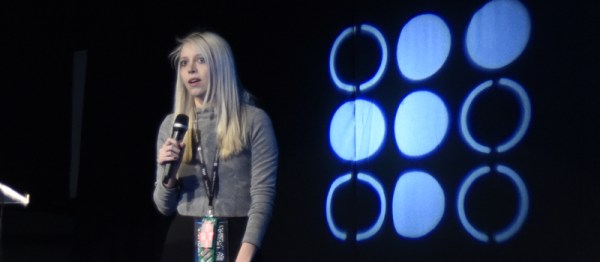Storytelling is an art. It stretches back to the dawn of man. It engages people on an emotional level and engages their mind. Paulina Greta Stefanovic, a user experience researcher and interaction designer is on the cutting edge of bringing our technology together with the best human aspects of this long tradition.
The information age is threatening storytelling — not making it extinct, but reducing the number of people who themselves are storytellers. We are no longer reliant on people in our close social circles to be exquisite story tellers for our own enjoyment; we have the luxury (perhaps curse?) of mass market story-telling.
Paulina’s work unlocks interactive storytelling. The idea isn’t new, as great storytellers have always read their audience and played to their engagement. Interactive storytelling in the digital age seeks to design this skill into the technology that is delivering the story. This is a return from passive entertainment.
This breaks down into interactive versus responsive. At its simplest, think of responsive as a video that has a pause button. You can change the flow of the story but you can’t make the story your own. Surprisingly, this is a new development as the ability to pause playback is but a few decades old. So you can pause a responsive medium, but true interactive experiences involve creation — the audience is immersed in the story and can make substantive changes to the outcome during the experience.
This equates to a power transfer. The creator of the media is no longer in complete control, ceding some to the audience. We are just at the start of this technology and it looks like the sky is the limit on what we can do with algorithmic interactions.
Video games are the forerunners of this change. They already have branching stories that let the users make choices that greatly affect the storyline. This industry is huge and it seems obvious that this active aspect of story consumption is a big part of that success. Even more intriguing is a “drama management system” (a new term to me but I love it) that results in a story whose ending nobody knows until this particular audience gets there. What a concept, and something I can’t wait to see for myself!
If you find these concepts as interesting as I do, check out Paulina’s talk below, which she presented at the Hackaday Belgrade conference.











